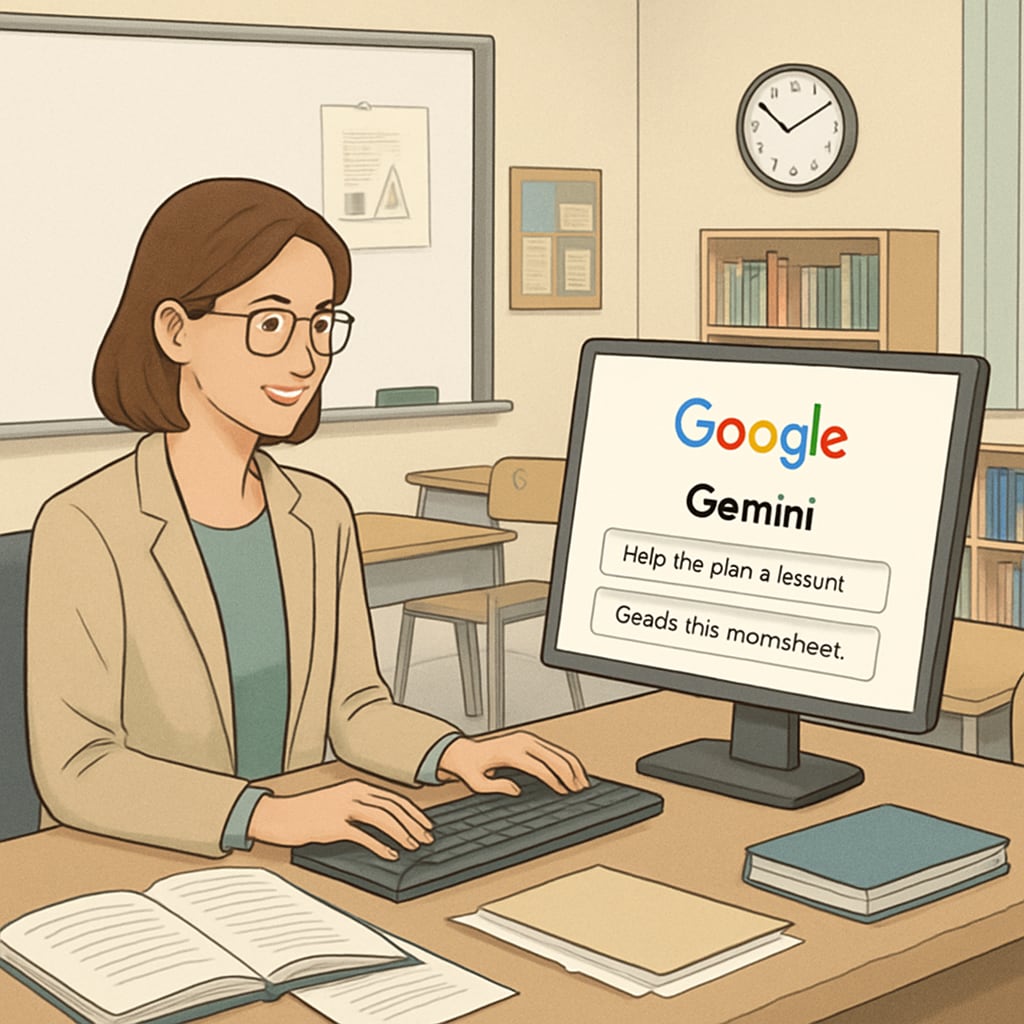The rapid advancement of AI technology, including tools like Google Gemini, is fundamentally reshaping the education sector. From lesson planning to grading, tasks that were once the cornerstone of teaching are increasingly being automated. This raises critical questions about the professional value of educators and how their salaries should be negotiated in light of these changes. The intersection of AI,教师价值,薪资,科技素养 (translated as “AI, teacher value, salary, and technological literacy”) serves as a focal point for exploring these challenges.
How AI Is Transforming Core Teaching Functions
AI-powered tools are revolutionizing the teaching process by automating routine tasks. For example, platforms like Google Gemini and adaptive learning software streamline lesson creation, tailor content to individual student needs, and even provide instant feedback on assignments. While this technology enhances efficiency and personalization, it significantly diminishes the reliance on human educators for these specific roles.
Moreover, AI-driven grading systems can evaluate student performance with remarkable accuracy, reducing the time teachers spend on assessments. This creates a paradox: while AI improves productivity, it risks marginalizing educators’ contributions to these essential processes.

Redefining Professional Value in the AI Era
As AI continues to encroach on traditional teaching responsibilities, educators must reevaluate their professional value. The shift from task-oriented roles to mentorship, emotional support, and critical thinking facilitation becomes paramount. These human-centric skills, which AI cannot replicate, are the keys to preserving the irreplaceable aspects of teaching.
Teachers should also embrace technological literacy to remain relevant in the evolving educational landscape. By becoming proficient in AI tools, they can position themselves as indispensable facilitators who bridge the gap between technology and human learning.

Negotiating Salaries in the Age of AI
The integration of AI in schools necessitates a reassessment of teacher salaries. With AI handling routine tasks, educators may find themselves in roles that demand higher emotional intelligence, adaptability, and creativity. These responsibilities should be reflected in their compensation.
To ensure fair pay, teachers must advocate for recognition of their evolving roles. Professional development in AI and digital tools should also be incentivized, as these skills enhance their ability to contribute to modern education systems.
As a result, educational institutions and policymakers must collaborate to establish salary frameworks that acknowledge the dual importance of human expertise and technological proficiency.
Readability guidance: Use concise paragraphs to maintain clarity and accessibility. Incorporate lists to summarize key points, such as the benefits and challenges of AI integration in teaching. Ensure transitions between sections to create a logical flow.


